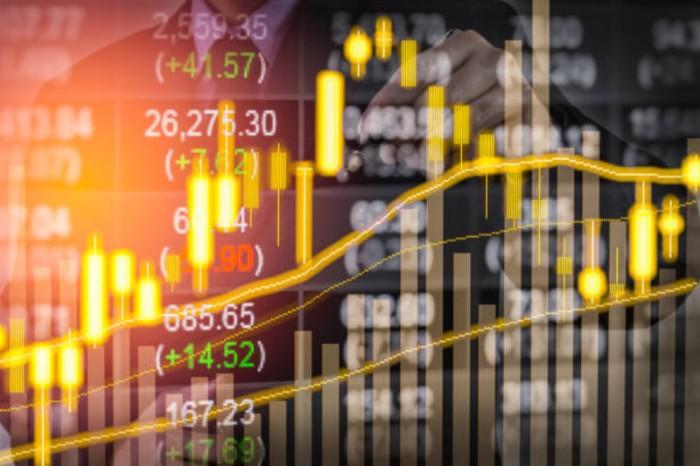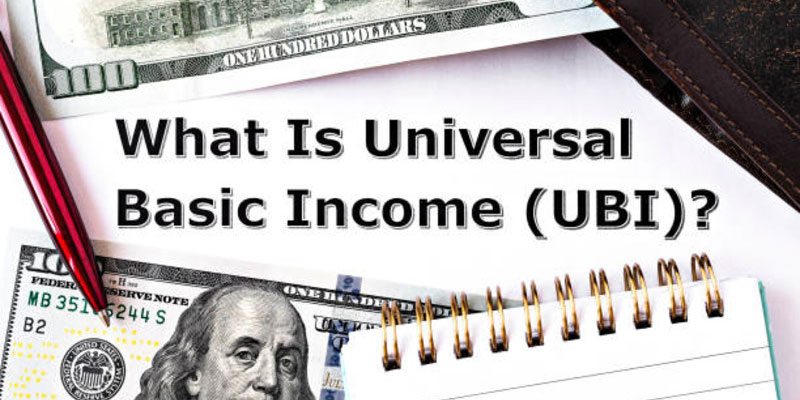Future value is an essential concept in finance, as it helps investors determine the potential return on their investments. It measures how much money an investment will be worth at some point in the Future, considering inflation and other factors that may affect its value. By understanding future value, investors can make informed decisions about where to invest their money for maximum returns. This article will discuss future value, how it affects investment decisions, and provide tips for calculating it accurately.
What is Future Value, and what does it mean for investors?

Future value (FV) is the amount of money that an investment will be worth at some point in the Future, considering inflation and other factors. It is calculated based on a given amount of money invested today. Then it uses a formula to factor in things like the time value of money, compounding returns, and inflation.
Different types of future value calculations
Future value calculations can be used to model different scenarios. Three types of future value calculations exist single-period FV, periodic FV, and continuous FV. Single-period Future Value (FV1) involves calculating the total value at one point in time; periodic Future Value (FVP) consists in calculating the total value at multiple points in time; and continuous Future Value (FVC) involves calculating the continuously compounded total over some time.
How Does Future Value Affect Investing?
How to calculate future value in investment decisions?
Investors can use future value calculations to decide where to put their money. By understanding future value, investors can determine the potential return on investment and compare options to choose the highest possible return.
Calculating future value requires using a formula that considers the time value of money, compounding returns, and inflation. The formula is as follows:
FV = PV (1 + r)t
PV = Present Value (amount invested today)
r = Interest Rate (annual rate of return on the investment)
t = Period (number of years the money will be invested for)
By plugging in the different variables and calculating future value, investors can make informed decisions about where to put their money for maximum returns.
Tips for Calculating Future Value Accurately:
1. Use a consistent interest rate – Use the same interest rate throughout your calculation, as it will affect your results.
2. Take inflation into account – Inflation will affect the future value of your investment, so make sure to include it in the calculation.
3. Consider compounding returns – Compound returns can increase the potential return on investment, so be sure to factor them into your calculations.
The importance of understanding the concept of future value when making investments
Understanding future value is an integral part of making wise investments. By understanding how future value calculations work, investors can make informed decisions about where to invest their money and maximize their potential returns. Considering inflation, the time value of money, and compounding returns are essential when calculating the future value to get the most accurate results. These tips will help investors make the best possible investment choices and increase their chances of achieving their financial goals.
Examples of how investors can use future value to their advantage
1. Investing for retirement – Investors can use future value calculations to determine how much money they need to save to retire comfortably.
2. Evaluating different investment opportunities – By understanding future value, investors can compare various investments and decide which offers the highest return.
3. Analyzing stocks and other investments – Investors can use future value calculations to analyze stocks and other assets and make informed decisions about when to buy or sell.
4. Planning for major purchases – Understanding future value can help investors plan for major purchases such as a home, car, or vacation by allowing them to calculate how much money they will need in the Future.
Potential pitfalls associated with using future value as a decision-making tool
1. Using inaccurate numbers: Incorrectly calculating future value can lead to bad decisions and missed opportunities, so it is essential to ensure that the numbers used in the calculation are accurate.
2. Not considering all variables: It is essential to include all relevant factors, such as inflation, compounding returns, and taxes when calculating the future value to get a more accurate result.
3. Not considering other factors: While future value is essential when making investment decisions, investors should also consider risk, liquidity, and fees when evaluating potential investments.
4. Making assumptions about the Future: Calculating future value requires making estimates, which can be challenging to predict accurately.
The bottom line:
Tips on how to maximize the potential benefit from understanding and applying the concept of future value in investment decisions

1. Use accurate numbers: Use the most up-to-date and accurate information when calculating future value.
2. Consider all variables: Don’t forget to include factors like inflation, compounding returns, and taxes in your calculations.
3. Evaluate other factors: It is essential to consider all relevant aspects when making investment decisions, not just future value.
4. Make realistic assumptions: Avoid overly optimistic or pessimistic assumptions about the Future when calculating future value.
Conclusion
Understanding future value is an essential part of making intelligent investment decisions. By considering all relevant factors, investors can use future value calculations to maximize their potential returns and make informed decisions about where to invest their money. With careful consideration and accurate information, understanding how future value affects investing can be influential in achieving financial goals.
FAQs
Q: What is the future value, and how does it affect investment decisions?
A: Future value measures how much money an investment will be worth at some point in the Future, considering inflation and other factors that may affect its value. By understanding future value, investors can make informed decisions about where to invest their money for maximum returns.
Q: What potential pitfalls are associated with using the future value in investment decisions?
A: Potential pitfalls include using inaccurate numbers, not considering all variables, not taking other factors into account, and making assumptions about the Future.
Q: What tips can be used to maximize the potential benefit from understanding and applying the concept of future value in investment decisions?
A: Tips to maximize the potential benefit from understanding and applying the concept of future value include using accurate numbers, considering all variables, evaluating other factors, and making realistic assumptions.



